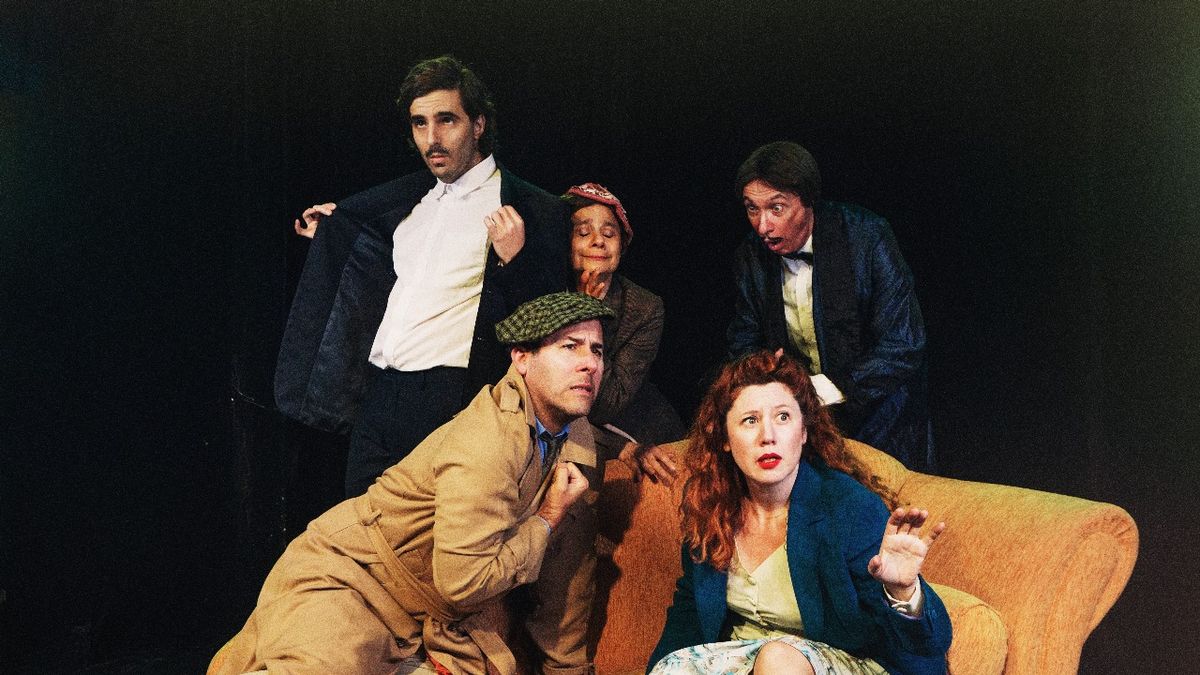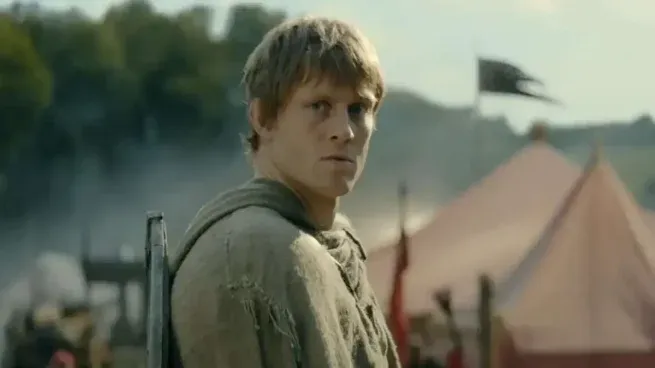“There is a tendency towards virtuality and loneliness of staying at home watching a series. “On the other hand, theater pushes us to meet others and share a living fact that is born there in that performance, which is unique and unrepeatable,” says Mariana Giovine, director of “Doll or the shipwreck”, with dramaturgy and performance by Irene Almus. It is presented on Sundays at 7 p.m. at the Leónidas Barletta Experimental Space, Av. Roque Sáenz Peña 943.
In a theater on the mythical Corrientes Avenue in 1941, a group of actors rehearses “Doll” of Armando Discépolo. During this process, the jealousy, envy and love of its members will come to light, with humor and pathos. The cast is completed with Eduardo Calvo, Luciana Vieyra, Gastón Frías and Santiago Fraccarolli. We talk with Giovine.
Journalist: What interested you about this text to join the direction?
Mariana Giovine: He had already worked with the author in “Espumas de oriente”, which she authored and in which she also acted. It was repeating that format that had worked really very well. I am interested in the place from which Irene writes, the humor she presents and how the theatrical field is present. In “Espumas de oriente” it was radio drama and this work is an essay. That space and the moment of the actors creating is very fun to approach.
Q.: What is the dialogue like between the play that is performed in that theater from the 1940s and “Muñeca” by Discépolo?
MG: In those years, the acting styles that were changing with the arrival of Stanislavsky’s ideas came into play, which came to transform the way we acted. And Discépolo’s work has a deep human content, it delves deeply into the human condition, into passions and, as a consequence, into difficulties. Love, heartbreak, the social, the economic are brought into play.
Q: What did you take into account to recreate the 40s?
MG: We have a set designer and costume designer who gave it a visual touch, Alejandro Mateo. We investigated acting styles, what things were in conflict, such as grandiloquence versus internality.
Q: What themes come to light in this essay?
MG: The passions, the lowest things of the human being, envy, the insecurities of the actors, the need for recognition, the experience and value of the one who has it or the idea of someone who breaks into something new. In this craft of theater there is transmission from generation to generation, also breaking with what is coming. Something appears that crosses the era, which is war and fascism in Europe, which has repercussions in Argentina. They are affected by that beyond the fact that they are locked up rehearsing a Discépolo play.
Q: How did you work on the setting?
MG: It was a process of four very intense and pleasant months of rehearsal. There was a search for a team beyond Irene who brought her work to perform it. The actors have a great command of comedy, they work from humor but with depth. The play has many shots, that of the performance of the play and the actors who rehearse the play, that is, theater in the theater. This has its complexity, several things happen at the same time, which requires significant organization in the implementation. I included live music, we looked for an actor who could play live and also act, Gastón Frías, who also did the original music. The work has a dizzying pace and I wanted it to be dynamic.
Q: How is independent theater today?
MG: Difficult, there is no support at the state level, but also the theater, as always in this country, was a place of meeting, struggle and resistance. At this moment, the possibility that theater gives us of finding ourselves is fundamental, with so much virtuality that it increasingly passes through us. At a time of so much economic and moral crisis, theater fulfills a function.
Q: How do you see the culture?
MG: Fighting against a Government that clearly attacks culture. There is a decision to close spaces, funding and not make things easier when culture is a right for everyone. Theater and culture is very valuable in our country, we have the advantage of the culture of self-management, which we are not going to stop doing in any way. That gives us meaning, whoever makes a work, a film, does so because he needs to say. More needs to be done in response to be able to move forward and respond to the aggression.
Source: Ambito
I am a 24-year-old writer and journalist who has been working in the news industry for the past two years. I write primarily about market news, so if you’re looking for insights into what’s going on in the stock market or economic indicators, you’ve come to the right place. I also dabble in writing articles on lifestyle trends and pop culture news.




